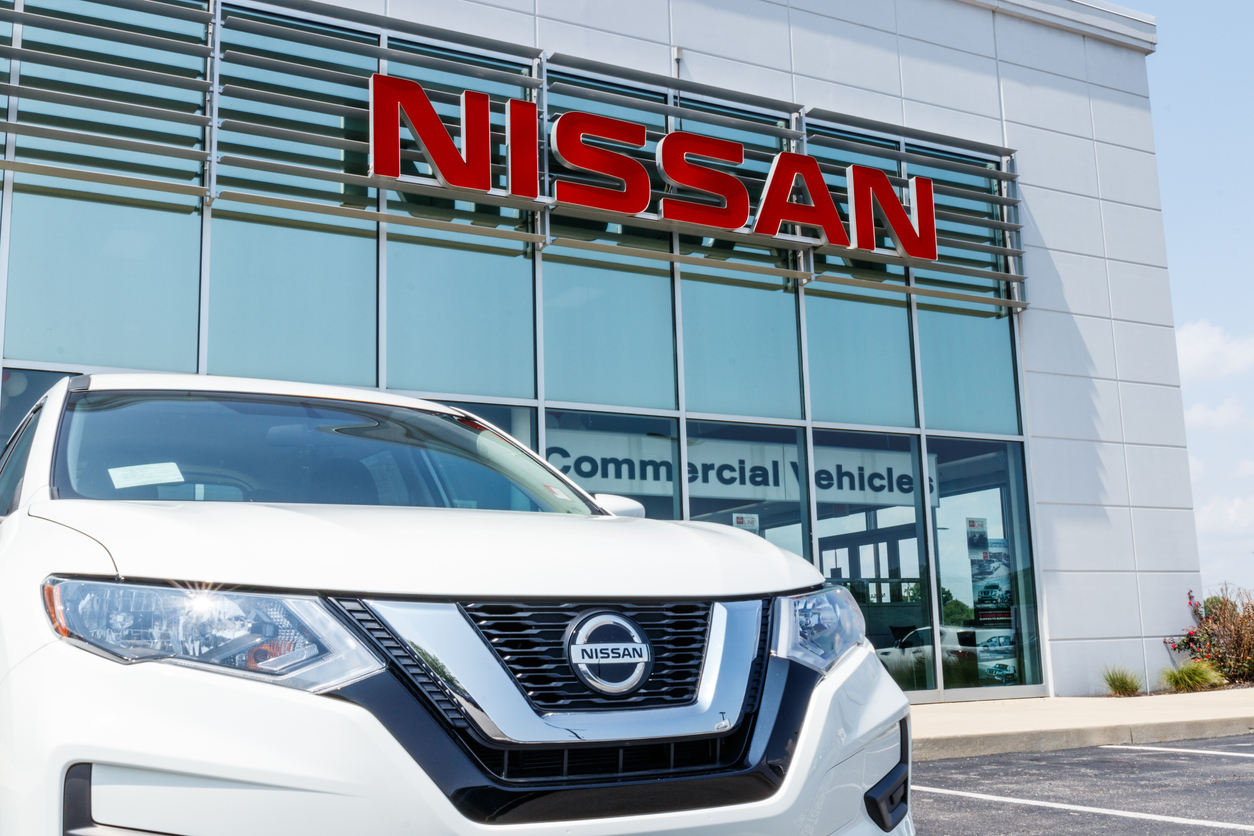Nissan on the Brink: Iconic Automaker Faces Uncertain Future Amid Mounting Challenges
Nissan, one of Japan’s most iconic automakers, is facing a financial and operational crisis that threatens its survival. With just 12 to 14 months to turn its fortunes around, according to senior insiders, the company must tackle falling sales, skyrocketing debt, and an increasingly competitive global automotive market. For the nearly 24,000 workers employed by Nissan across the United States and the United Kingdom, this looming crisis could have devastating consequences.
As Nissan’s leadership implements drastic cost-cutting measures to stabilize the company, questions remain about whether these efforts will be enough to secure its future. With rivals excelling in electric and hybrid vehicle innovation, the stakes have never been higher.
Financial Troubles and Cost-Cutting Measures
Nissan's financial woes are rooted in declining sales across its key markets. Global vehicle sales dropped 3.8% in the first half of the financial year, with a sharp 14.3% decline in China, one of the company's most important markets. In response, Nissan has launched an ambitious cost-reduction strategy aiming to cut $2.6 billion (£2 billion) this fiscal year. This includes eliminating 9,000 jobs, reducing global manufacturing capacity by 20%, and restructuring its production lines.
Hideyuki Sakamoto, head of manufacturing at Nissan, explained: “Globally, we currently have 25 vehicle production lines. Our current plan is to reduce the operational maximum capacity of these 25 lines by 20% by adjusting line speed and shift patterns, thereby increasing efficiency.”
The cuts, while critical to the company’s survival, come with significant risks. Reducing production capacity could limit Nissan's ability to compete with industry leaders like Toyota and emerging Chinese electric vehicle (EV) manufacturers.
Leadership Instability and Mounting Debt
Nissan’s leadership is also under strain. CEO Makoto Uchida has taken a 50% pay cut, acknowledging the company’s failure to anticipate the rapid growth of hybrid and electric vehicles. Additionally, Chief Financial Officer Stephen Ma is stepping down, leaving a critical gap in Nissan’s financial oversight during this turbulent time.
The company is projected to reach its highest-ever debt levels by 2026, with estimates suggesting it could climb to $5.6 billion (£4.4 billion). While discussions about a potential partnership with Honda—Japan’s second-largest automaker—have emerged, sources have characterized this as a last-resort option. Such a partnership could see Honda acquiring a stake in Nissan, but insiders caution that this would be a dramatic shift in the company’s trajectory.
Alliance with Renault and Mitsubishi Under Pressure
Compounding Nissan’s challenges is the fragility of its long-standing alliance with Renault and Mitsubishi. Established in 1999, this strategic partnership has been vital to Nissan’s operations across Europe, Japan, and the United States. However, Renault is reportedly considering reducing its financial stake in Nissan, which could force the automaker to seek government assistance from Japan or the United States to remain solvent.
According to a senior official quoted by the Financial Times, “We have 12 or 14 months to survive. This is going to be tough. And in the end, we need Japan and the US to be generating cash.”
The potential dissolution of the alliance would be a major blow to Nissan, further isolating it in a market where collaboration and innovation are essential for survival.
Challenges in the UK Market
Nissan’s UK operations, which employ 7,000 workers, including 6,000 at its Sunderland plant, face unique challenges. The automaker has warned that the UK’s Zero Emission Vehicles (ZEV) Mandate could undermine its manufacturing business. Under the ZEV Mandate, automakers must ensure that 22% of their car sales and 10% of van sales are electric vehicles in 2024, with these thresholds increasing annually. Companies failing to meet these targets face hefty fines of £15,000 per non-compliant sale.
Guillaume Cartier, chairman of Nissan’s Africa, Middle East, India, Europe, and Oceania region, cautioned: “It risks undermining the business case for manufacturing cars in the UK, and the viability of thousands of jobs and billions of pounds in investment.”
Nissan has called for more flexibility in the ZEV Mandate, urging the UK government to implement a two-year grace period for compliance and allow manufacturers to borrow credits from future years. Without these adjustments, Nissan and other automakers risk substantial financial penalties, which could further destabilize their operations.
The Struggle to Compete in the EV Market
While Nissan was an early pioneer in the EV market with its Leaf model, it has since fallen behind competitors like Tesla, Toyota, and Chinese manufacturers. CEO Uchida admitted: “We weren’t able to foresee that hybrid electric vehicles and plug-in hybrids would be so popular.”
The lack of consumer demand for EVs in the UK adds another layer of complexity. High prices and insufficient charging infrastructure have deterred many motorists from transitioning to electric vehicles. Lisa Brankin, managing director of Ford UK, emphasized the need for government incentives, such as tax breaks, to encourage EV adoption. “As an industry, we support the government’s trajectory, but there isn’t enough customer demand,” she said.
The Society of Motor Manufacturers and Traders (SMMT) also warned that EV sales are unlikely to meet the government’s ambitious targets, projecting that zero-emission vehicles will account for only 18.5% of the market in 2024, well below the required 22%.
Related: Honda and Nissan Explore Merger to Rival Global Giants
Related: Volkswagen Exits Xinjiang Plant Amid Global Controversy and EV Revolution
Future Prospects and Government Intervention
Nissan’s survival will likely depend on its ability to adapt to rapidly changing market dynamics. To this end, the company is exploring ways to expand its EV offerings and modernize its production facilities. However, these efforts will require significant investment, which could be difficult given Nissan’s current financial constraints.
The UK government has pledged to support the automotive industry during the transition to zero-emission vehicles. Chancellor Rachel Reeves stated: “We are committed to the 2030 target for phasing out petrol and diesel cars, but we must ensure proper support for the automotive sector to maintain jobs and investment.”
A Race Against Time
For Nissan, the next year will be a defining moment in its history. As it grapples with declining sales, mounting debt, and growing competition in the EV market, the automaker faces an uphill battle to secure its survival. Its success will depend on bold decision-making, strategic alliances, and government support to navigate these turbulent times.
While the road ahead is fraught with challenges, Nissan’s legacy as one of the world’s leading automakers offers hope that it can rise to the occasion. Whether through innovation, partnerships, or regulatory flexibility, the coming months will determine whether Nissan can chart a path to recovery—or become a cautionary tale in the ever-evolving automotive industry.
Nissan’s struggles are a stark reminder of how quickly the automotive landscape is changing. As consumer preferences shift toward EVs, manufacturers must innovate to stay competitive. While Nissan’s challenges are significant, they also highlight the importance of government collaboration in facilitating this transition. Incentives, infrastructure investment, and regulatory flexibility are critical to ensuring the viability of carmakers like Nissan. At the same time, Nissan must take bold steps to revamp its product lineup and strengthen alliances to regain its footing. The company’s ability to adapt will not only define its future but also serve as a case study for the entire industry.














